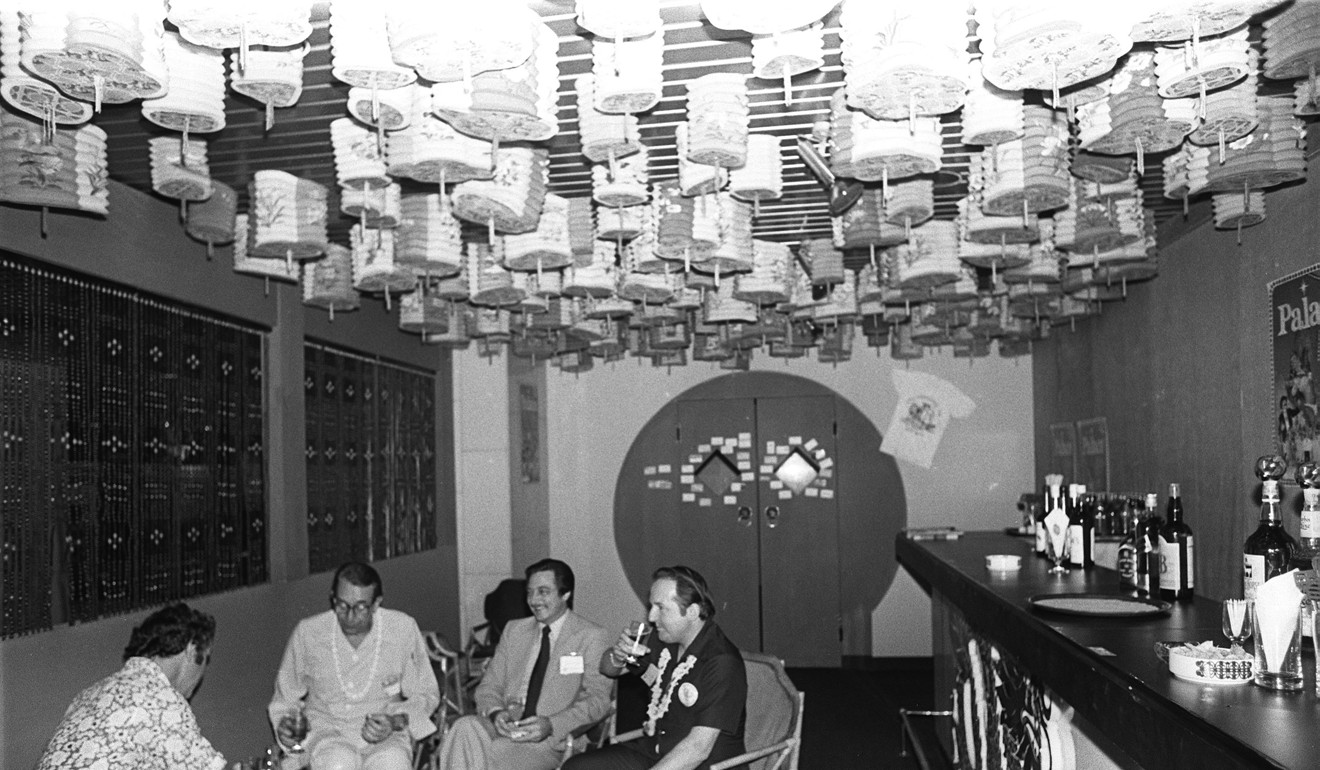
Hongkongers, tourists tell the Excelsior: thanks for the memories
‘We remember the revolving doors, the food, the atmosphere,’ lifelong admirer says
Paul Wong has had a lifelong love affair with the Excelsior, the four-star hotel overlooking Victoria Harbour that will soon be torn down to make way for more offices.
He took a date to one of its restaurants. That date would become his wife. The couple continued to go to the hotel for celebrations. Eventually, they took their son there. The hotel’s story is stitched into his own life story as well.
“We remember the revolving doors, the food, the atmosphere,” said Hongkonger Wong. “It means a lot to me because we were very happy then.”
Wong’s nostalgia was being felt by many other Hongkongers on Tuesday after the announcement that the storied hotel in Causeway Bay will serve its last meals and host its last room guests this coming March.
The hotel sits on “Lot No 1,” the first plot of land sold after Hong Kong became a British colony in 1841. At first, it was a warehouse of the British conglomerate Jardine Matheson. It opened as the city’s largest hotel in 1973 – when Wong was a teenager. And its many moments of fame included being a setting in the 1978 American hit comedy Revenge of the Pink Panther.
“It’s one of the older and iconic hotels in Causeway Bay,” said guest Vivian Thomas, 50, who was visiting from Jamaica with his wife Margaret. “We’ll have to find another hotel next time we come to Hong Kong. We’ll be sad to see it go.”

Mandarin Oriental International will demolish the four-star hotel and build a commercial building on the site, a process that will take about six years. The total development cost is about US$650 million, according to the company’s announcement.
The Mandarin Oriental decided to put the hotel on the market in June of last year because the city’s soaring commercial office rents were just too tempting to ignore.
But the Mandarin Oriental called off the sale a few months later because it was not happy with the bids. The 848-room hotel at the time was estimated to be valued at more than HK$30 billion (US$3.83 billion).
The hotel is opposite the Noonday Gun that is fired every day at noon and across from the Royal Hong Kong Yacht Club.
“It is sad. We don’t need more offices,” Wong said. “It is an icon, a place we will always remember.”
Additional reporting by Louise Moon

